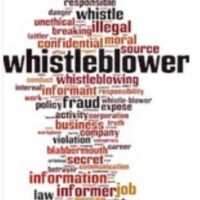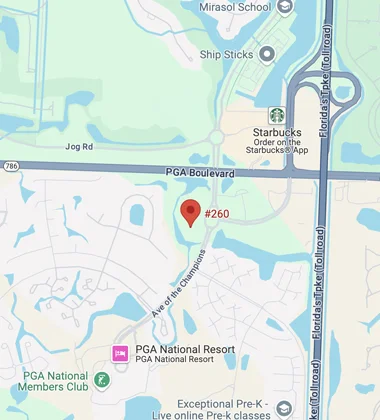What is a Whistleblower?

Have you been asked to perform job duties that are unlawful or unethical, or have you observed such actions occurring in your workplace? If you want to expose harmful, dangerous, unlawful, or unethical behavior taking place where you work, you could have protections as a whistleblower under Florida state and federal law. It can be extremely anxiety-inducing and even scary to take a stand against your employee’s behavior, but in doing so you may be able to protect others in the workplace and to take a broader position against such workplace actions in general.
Whether you are considering blowing the whistle or you have already done so and have faced retaliation from your employer as a result, you should get in touch with one of our Palm Beach Gardens whistleblower lawyers to find out more about protections you have under state and federal law. In the meantime, we want to provide you with more information about whistleblowing and the laws that can apply to protect a whistleblower.
What is Whistleblowing?
Who is a whistleblower, and what constitutes whistleblower? In general, “whistleblowing” refers to actions an employee takes to reveal unlawful, dangerous, or unethical workplace behaviors by making an official report within the company or “blowing the whistle” on a bigger scale by making a report with public authorities.
Who is a Whistleblower?
The definition of a whistleblower for purposes of legal protections under state or federal law depends on the specific laws. The federal Whistleblower Protection Action defines a whistleblower — for purposes of protection under this law specifically — as a current or former executive branch employee or job applicant. The Florida Whistle-blower’s Act applies to current and former state agency employees and applicants.
You may be wondering: can a person still be a whistleblower, and have protections under any whistleblowing laws, when they work for or apply for a private-sector job? The answer is generally yes. The Florida Statutes prohibit employers from taking any retaliatory actions against an employee for whom any of the following are true:
- Disclosed or threatened to disclose the employer’s violation of any laws, rules, ro regulations after the employee has brought the issue to the employer and given the employer a reasonable opportunity to remedy the issue;
- Testified against or participated in a hearing or investigation or related inquiring into the employer’s unlawful actions; or
- Refused to participate in an unlawful employment practice.
If you have faced any adverse action after standing up to your employer, it is critical to seek advice from a lawyer about whether you have whistleblower protections under state or federal law. If so, you may be able to file a claim that could result in damages, reinstatement to your job, and other possible remedies. It is also essential to seek legal advice to determine which whistleblowing law or laws apply to your case, and to determine which law is most appropriate for filing a claim.
Contact a Palm Beach Gardens Whistleblower Lawyer
Do you have questions about whistleblower protections in Florida and how they can protect you? An experienced Palm Beach Gardens whistleblower attorney at Sconzo Law Office can speak with you today.
Sources:
whistleblower.house.gov/sites/evo-subsites/whistleblower.house.gov/files/wysiwyg_uploaded/Whistleblower_Protection_Act_Fact_Sheet.pdf
fchr.myflorida.com/whistle-blowers-act#:~:text=Any%20person%20applying%20for%20work,e.g.%2C%20termination%20of%20employment
leg.state.fl.us/statutes/index.cfm?App_mode=Display_Statute&URL=0400-0499/0448/Sections/0448.102.html

